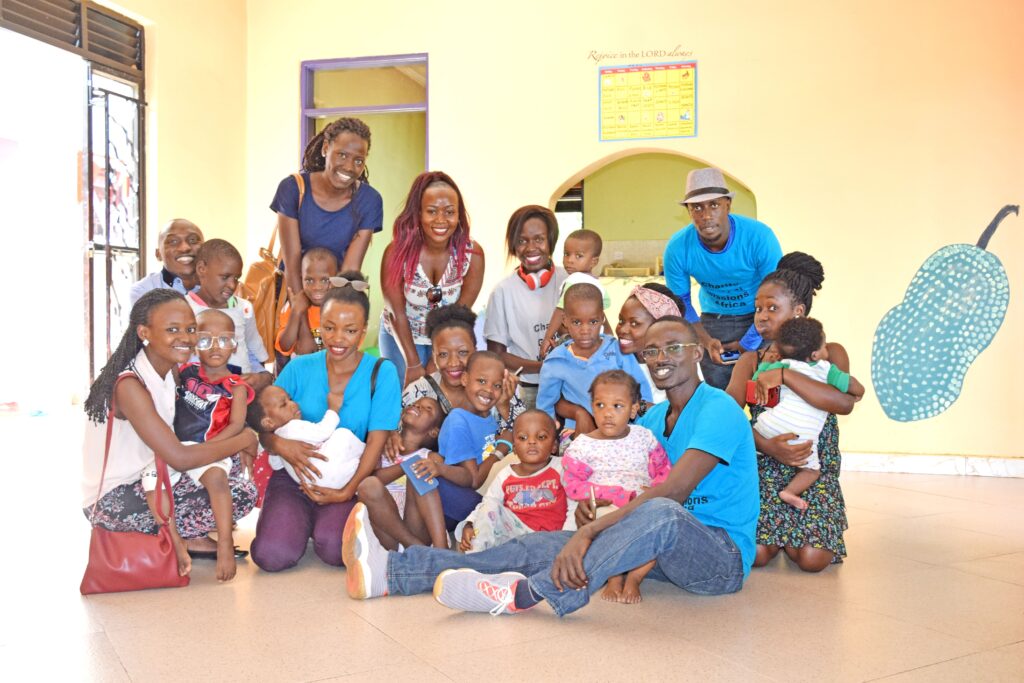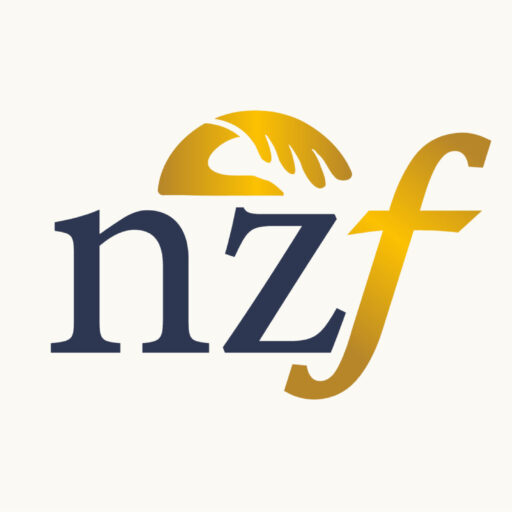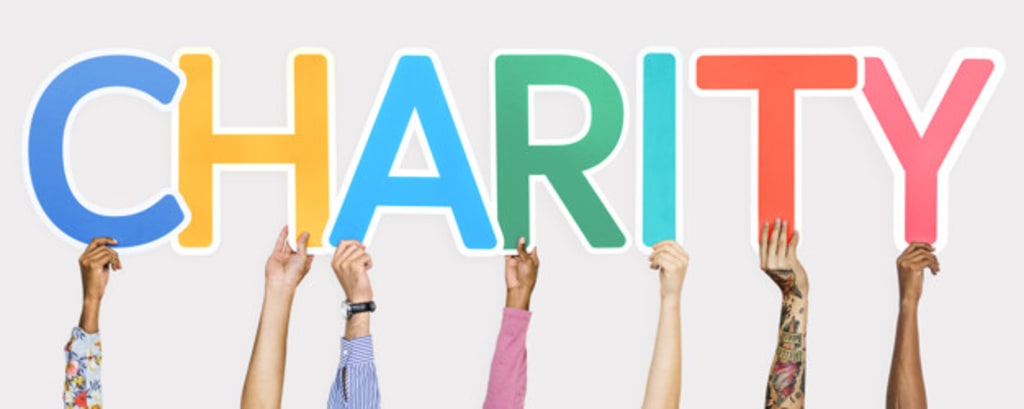
How we work
Whether the challenge is low-yield crops in South Africa and Africa or gender-based barriers in South Africa, we listen and learn so we can identify pressing problems that get too little attention. Then we consider whether we can make a meaningful difference with our influence and our investments. Once an investment is established through a grant or contract, our program teams and grantees collaborate for its lifecycle. See the process in detail below.
We primarily invest in two ways:
Grants
Encompassed and targeted areas of core funding to organizations to achieve measurable impact in the fight against poverty, disease, education, women empowerment, sports ,entertainment and inequity around South Africa and Africa. This is our largest funding vehicle, accounting for over 90% of our charitable giving.
Strategic Investments
We fund entrepreneurs, companies, and other organizations to create incentives that harness the power of private enterprise to create change for those who need it most.
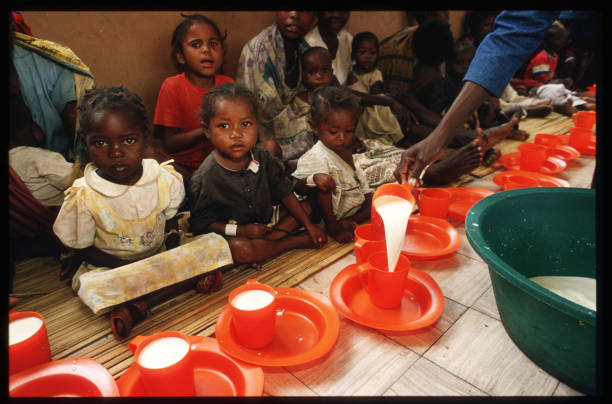
Ways to give
We believe in the power of people coming together to tackle South Africa and Africa toughest challenges. Groundbreaking change is possible only through collective generosity.
At Nhlanhla Zwane Foundation, we understand that choosing where and how to give is personal—each of us wants to have an impact on the issues important to us and the world.
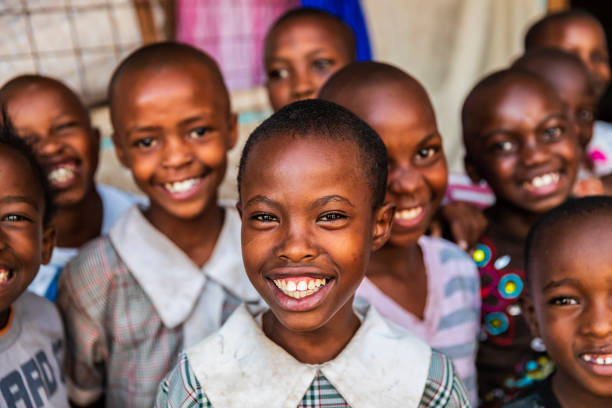
EDUCATION
EMPOWERING COMMUNITIES
Together, we explore projects that rise to social challenges and uplift generations to come . It is every child’s right to proper education, regardless of their socio-economic circumstances.The reality, regrettably, is that massive numbers of schools particularly in rural areas, are significantly under-resourced. The result of inferior educational institutions is that the teaching and absorption of knowledge becomes exponentially more difficult.This is a common problem and one so massive that governments are unable alone to impact on school upgrades as rapidly as is necessary.In light of this untenable situation, we would like to contribute towards the creation of an environment conducive to the improved education of the disadvantaged.
“Education is the great engine of personal development. It is through education that the daughter of a peasant can become a doctor, that the son of a mine worker can become the head of the mine; that a child of farm workers can become the president of a great nation. It is what we make out of what we have, not what we are given, that separates one person from another”
– Nelson Mandela, Long Walk to Freedom
WOMENS ECONOMIC

What does Women’s Economic Power mean?
Why we must go beyond empowerment programs and build economic systems that work for women. Investing in women’s economic power pays dividends. If women participate in the economy to the same degree as men, the SA and Africa economy could grow by an estimated R28 trillion by 2025.
